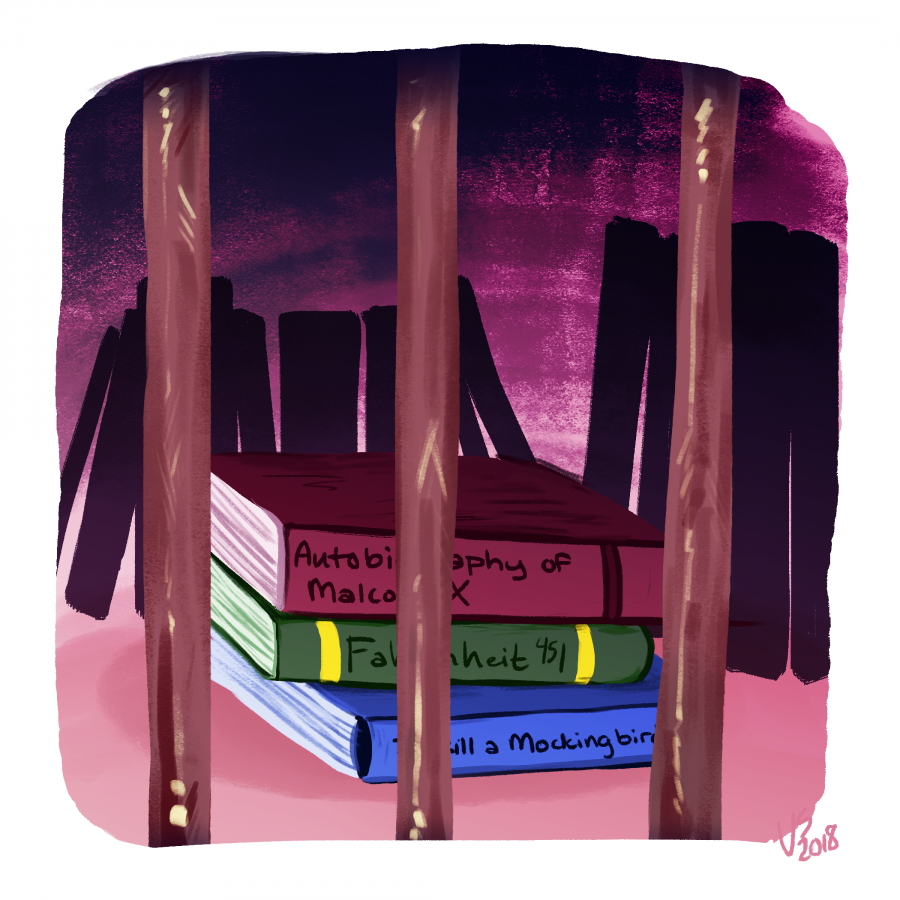Inside Books Project is a nonprofit organization with the mission to send books to prisoners who want to learn, be entertained or connect emotionally with books. Every Sunday and Thursday, Inside Books’ volunteers answer stacks of letters from Texas prisoners. Each letter contains a request for books, and the magnitude of letters is striking: Inside Books received 18,000 written requests from prisoners in 2014 alone.
The Texas Department of Criminal Justice’s banned book list is even more tragic given the demonstrated demand. This past week, TDCJ officials announced the list is under review. For that review to be done right, the TDCJ needs to rescind the majority of their justice-defying banning policies which are used to ban books that have no business being banned. Only the policies against books containing contraband or detailing drug and weapon manufacture should stay.
The current TDCJ list is more than 10,000 titles long, and a large portion of it violates constitutional law. Prisons are constitutionally allowed to censor books “that could legitimately threaten prison security,” but, as the Texas Civil Rights Project argued in a thorough 2011 review, the TDCJ bans even “innocuous material.” Seven years after this call-out, the list has hardly changed.
Two of TDCJ’s official banning policies that have been used to ban innocuous books include the policies against books written “for the purpose of achieving the breakdown of prisons” and against books containing “sexually explicit” images or passages.
In the name of preventing the “breakdown of prisons,” the TDCJ has banned books about civil rights, literature by African-Americans and nonfiction journalism about prisons. Frank discussions of the violations suffered by African-Americans — books such as Etheridge Knight’s “Black Voices from Prison” and Kevin Boyle’s “Arc of Justice” — have been banned, while “Mein Kampf” and David Duke’s “My Awakening” are on the TDCJ approved list. This misuse of power reeks of racial prejudice.
In the name of censoring sexually explicit material, the TDCJ has banned anatomy and art books, Shakespeare’s sonnets and issues of National Geographic. They have even disallowed literature like “The Color Purple” and Toni Morrison’s “The Bluest Eye.” Graduate student Teri Fickling, who is teaching UT’s Banned Books and Novel Ideas this spring, explained “The Bluest Eye” has been banned from certain high schools for scenes of sexual assault deemed improper for minors. She argues the reasons for denying of-age prisoners access to the title are less cogent.
The right thing for TDCJ to do is eliminate bad policies and shorten their banned list. If they fail, we can and should show up at the Texas Board of Criminal Justice’s meeting of public comment on Feb. 23, or vote for a gubernatorial candidate this 2018 who will appoint TDCJ members who will set better, more empathetic policies. More immediately, we can volunteer with Inside Books Project and donate old books to their operation.
We have the freedom to read and learn from books — any books we choose — and we must expand that right to the Texas prisoners who have been illogically and indecently denied it.
Doan is a Plan II and English junior from Fort Worth. Follow her on Twitter @ledoan17.


















